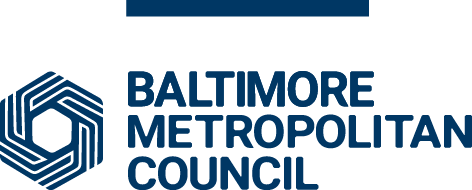
|
BALTIMORE, MD (Friday, April 25, 2025) – Economic concerns are growing in the Baltimore region, with more residents worried about energy prices and the prospects of their household incomes, according to a new Pulse survey released today by the Baltimore Metropolitan Council. ### |
Baltimore Metropolitan Council (BMC) works collaboratively with the chief elected officials in the region to create initiatives to improve quality of life and economic vitality. As the Baltimore region’s council of governments, BMC hosts the Baltimore Regional Transportation Board (BRTB) and supports local government by coordinating efforts in a range of policy areas including emergency preparedness, housing, cooperative purchasing, environmental planning and workforce development.
BMC operates its programs and services without regard to race, color or national origin in accordance with Title VI of the Civil Rights Act of 1964 and other applicable laws. BMC offers interpretation services, including language translation services and signage for the hearing impaired, at public meetings upon request with seven days advance notice. BMC will not exclude persons based on age, religion, or disability. For assistance, contact the Public Involvement Coordinator, comments@baltometro.org, or call 410-732-0500. Dial 7-1-1 or 800-735-2258 to initiate a TTY call through Maryland Relay. Usarios de Relay MD marquen 7-1-1. Si se necesita información de Título VI en español, llame al 410-732-0500.
